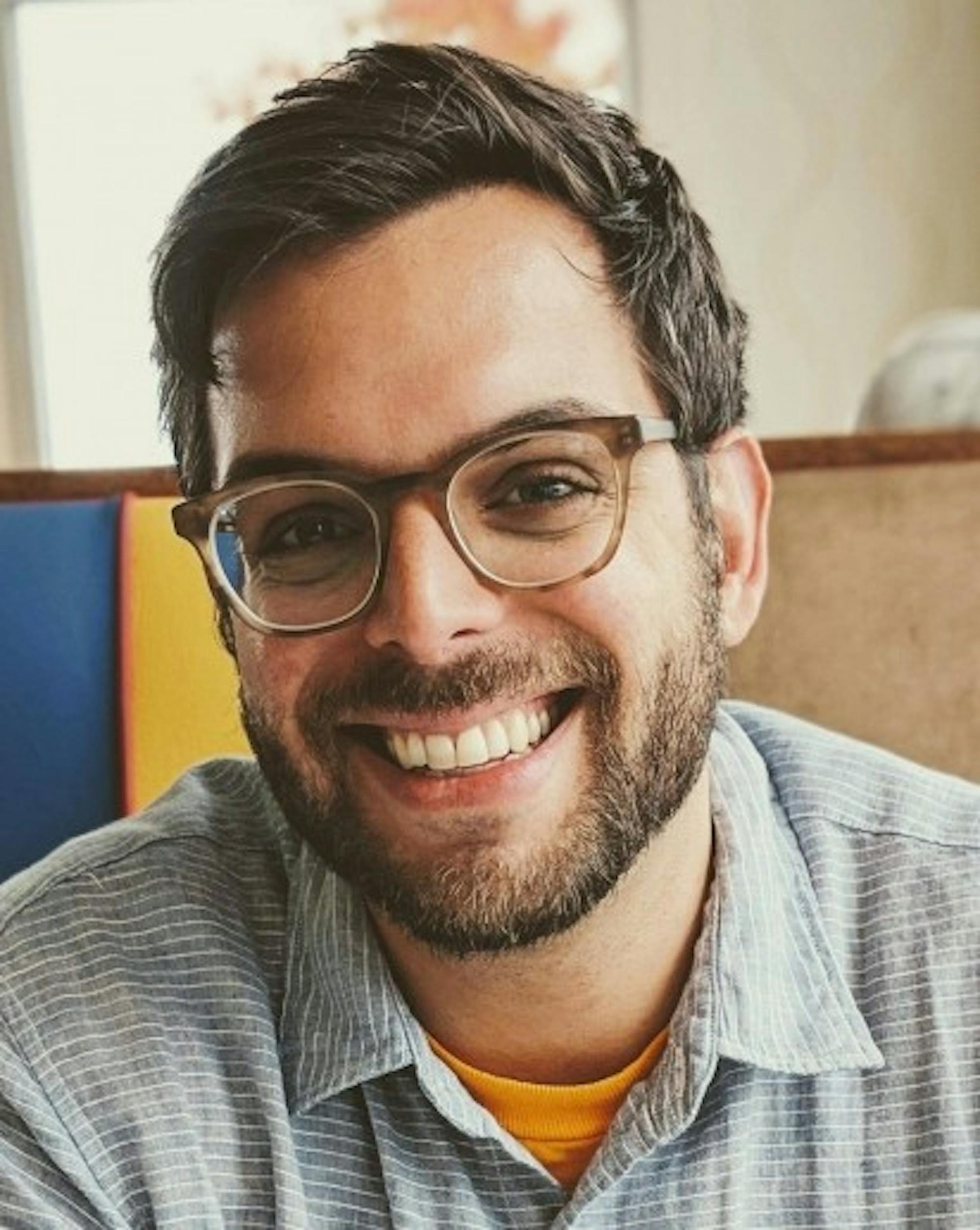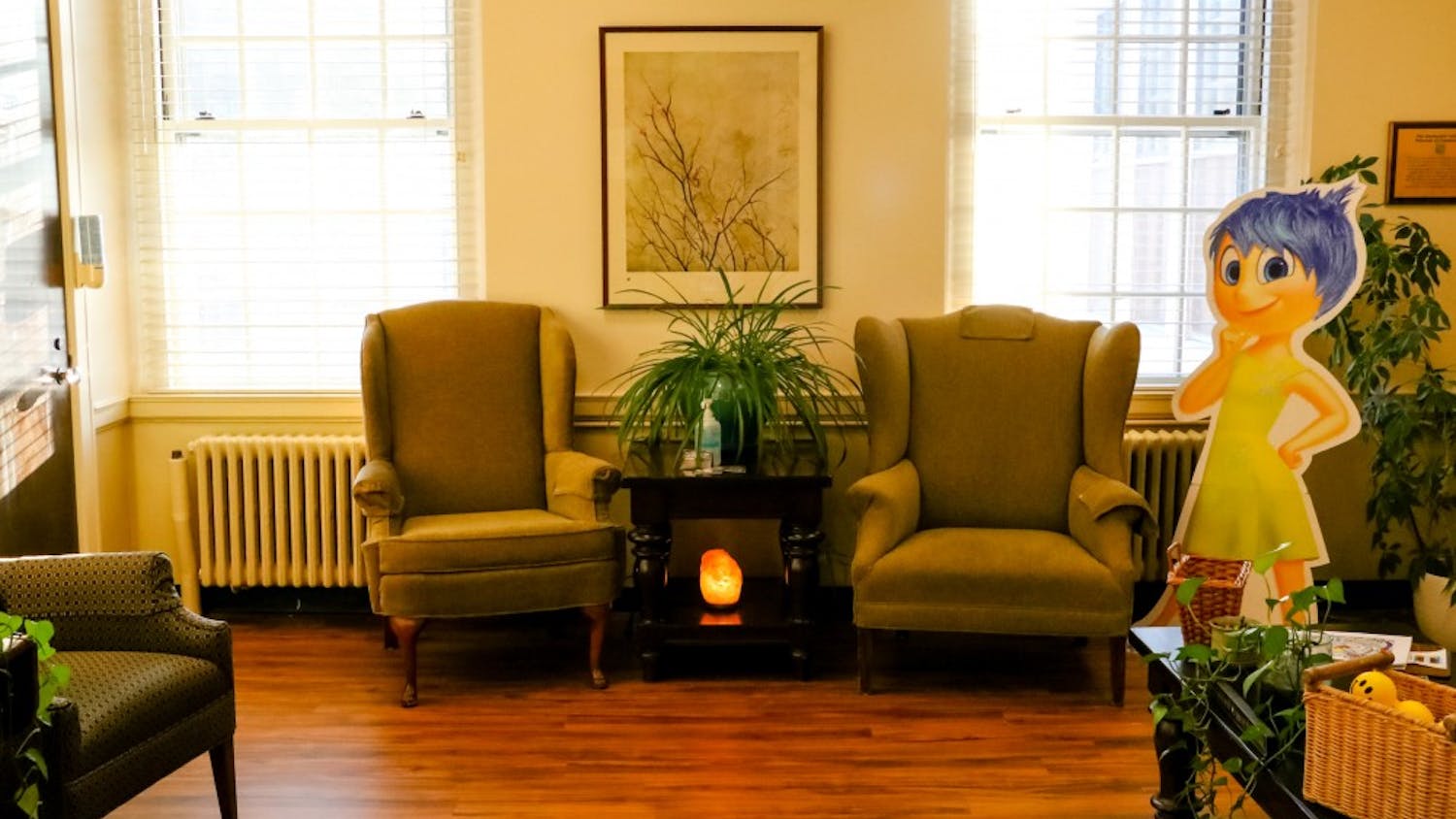Latin American, Latino and Caribbean studies professor Andre Pagliarini moved to Brazil with his family at age five and lived there until age 14. Pagliarni returned to the United States to further his education, majoring in history at the University of Maryland, College Park and studying the heritage of multiple world regions. Pagliarini said he was insired by his grandfather — who served a Brazilian diplomat during the Cold War — to study Latin American culture as a way of sustaining his Brazilian identity while living in the United States.
As a student in his course LACS 1, “Introduction to Latin America and the Caribbean,” I have studied Latin America’s cultural heritage. While I understand the complexity of multiculturalism, I became curious as to how living in two countries and identifying with two cultures came to shape Pagliarini’s research on the intersectionality of Latin American culture, race and identity.
Can you speak to the impact Brazil and the United States have had on your childhood and early adult life?
AP: Every time I get the question “Where are you from?” I take a deep breath because it’s a very complicated story. I was born in the United States, but my family is all Brazilian; I was the only one of my siblings who was born here. Even when I lived in Brazil, we would come back to the United States. I always say I grew up with one foot here and one foot there. I grew up in a situation with a lot of people like this. Some of them never felt like they were from anywhere. On the other hand, I feel that there is this facility to encounter new situations and know how to navigate them, and for that, I really value the “third culture” of our upbringing.
What motivated your research on contemporary Brazil, particularly in relation to the Cold War era?
AP: For a while, I was interested in the modern Middle East. I thought I might go into government as a career, but as I took more Latin American history courses at the University of Maryland — and my senior capstone was about the Cold War in Latin America — I found myself more intrigued. I read a book called “We Cannot Remain Silent” by James Green about the resistance in the United States to the military dictatorship in Brazil. There’s a page where he cites a diplomat in Washington D.C. who happened to be my grandfather. That personal connection to the history of the Cold War really drove my interest.
In your article “‘De onde? Para onde?’ The Continuity Question and the Debate over Brazil’s ‘Civil’-Military Dictatorship,” you write that “the political system of Latin America’s largest nation is resilient, able to shield its interests from the storm raging outside.” Has the election of President Jair Bolsonaro challenged your view of the stability of Brazilian democracy following the dictatorship of the Cold War?
AP: So, I am actually 0-2 in terms of my predictions for far-right leaders in the United States and Brazil; I thought Trump had no chance, as I thought Bolsonaro — even under the worse circumstances — had no chance. Bolsonaro represents a negation of traditional political competition. On the one hand, I feel more pessimistic about the state of Brazilian democracy than when I wrote the article. However, I do believe that the style of politics Bolsonaro represents tends to exhaust itself. Historically, it does not deliver tangible improvements, and from that, I do feel it can ultimately be defeated.
In a 2018 New York Times article, Ernesto Londoño and Manuela Andreoni assert that “many see in [Bolsonaro] the kind of disruptive, status quo-breaking potential that propelled President Trump’s victory in 2016.” Do you feel that then-candidate Bolsonaro met a changing component of Brazilian identity in his rise to the presidency?
AP: Yes, there is this term from political scientists known as “political entrepreneur” for someone who is able to recognize a political moment and elevate a political discourse — though it varies in different contexts — that clicks. Under the government in Brazil, there was this idea that the middle class did not find itself getting worse or getting better; it found itself losing relative status. It bred a real sense of rage for millions of Brazilians, and the idea of anti-corruption became almost an identity for Brazilians. A moment was created where Bolsonaro’s discourse — previously fringe and on the margins — spoke to many people.
How do you believe the release of ex-Brazilian President Luiz Inácio ‘Lula’ da Silva — as he awaits the appeal to his criminal case — will impact the political identity of Brazil?
AP: For better or for worse, Lula has this unique ability to connect to and with the people. Even after leaving his two-term presidency with high approval ratings, the question remains: “Does he still connect with enough people?” Assuming that he becomes eligible, I don’t necessarily think Lula would want to come back and run for the presidency, but due to the personal stakes and the current state of Brazil, I think he just might.
How do you perceive the Brazilian student identity at Dartmouth?
AP: The whole reason I am here — for what I can presume — is because of the lobbying of the Brazilian students on campus. There are so many of these students on campus, and it is evident that they wanted more opportunities to learn about Brazil, a source of great cultural history in Latin America. When I came to give a talk last October, I heard that the turnout could be sometimes high and sometimes not. I walked in, and the room was packed — and I have to credit these students for all of their efforts and energy in driving the interest. Additionally, I really must give credit to Dartmouth for its decision to follow the path of recruiting Brazilian students with not only regional diversity but also socioeconomic diversity that is not often seen at other universities.
In addition to your teaching at the College, your family has become a part of the Dartmouth community. How do you hope to share your experience of multiculturalism with your children?
AP: My son, who is 4, is a dual citizen with the United States and Brazil, and I am currently filing the paperwork for my daughter to be a dual citizen as well. My hope is for them to grow up going back and forth from Brazil and the United States, like I did. I want them to grow up not only speaking both languages but also being immersed in both cultures. For me, that’s another reason why I chose to pursue graduate school and the study of Brazil; I wanted to have this excuse to go back and forth like I had done before. I met my wife in Brazil in eighth grade. She came from a similar experience of American and Brazilian identity. One of the reasons our relationship has really worked and continues to work is because she understands and values that idea: one foot here, one foot there.
This article has been edited and condensed for clarity and length.



